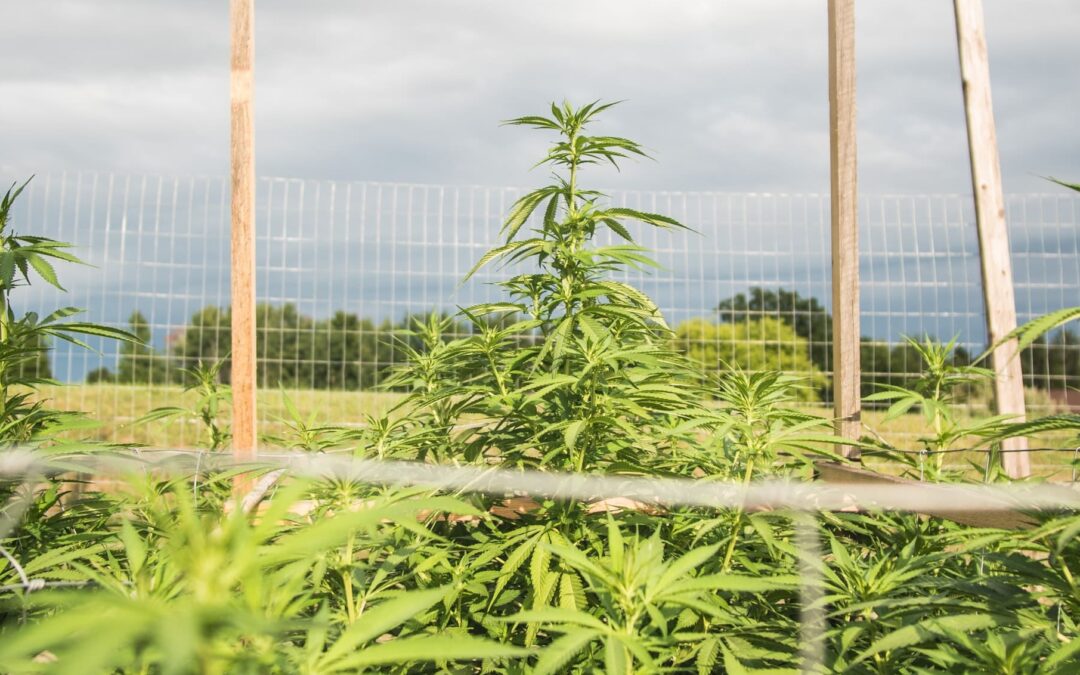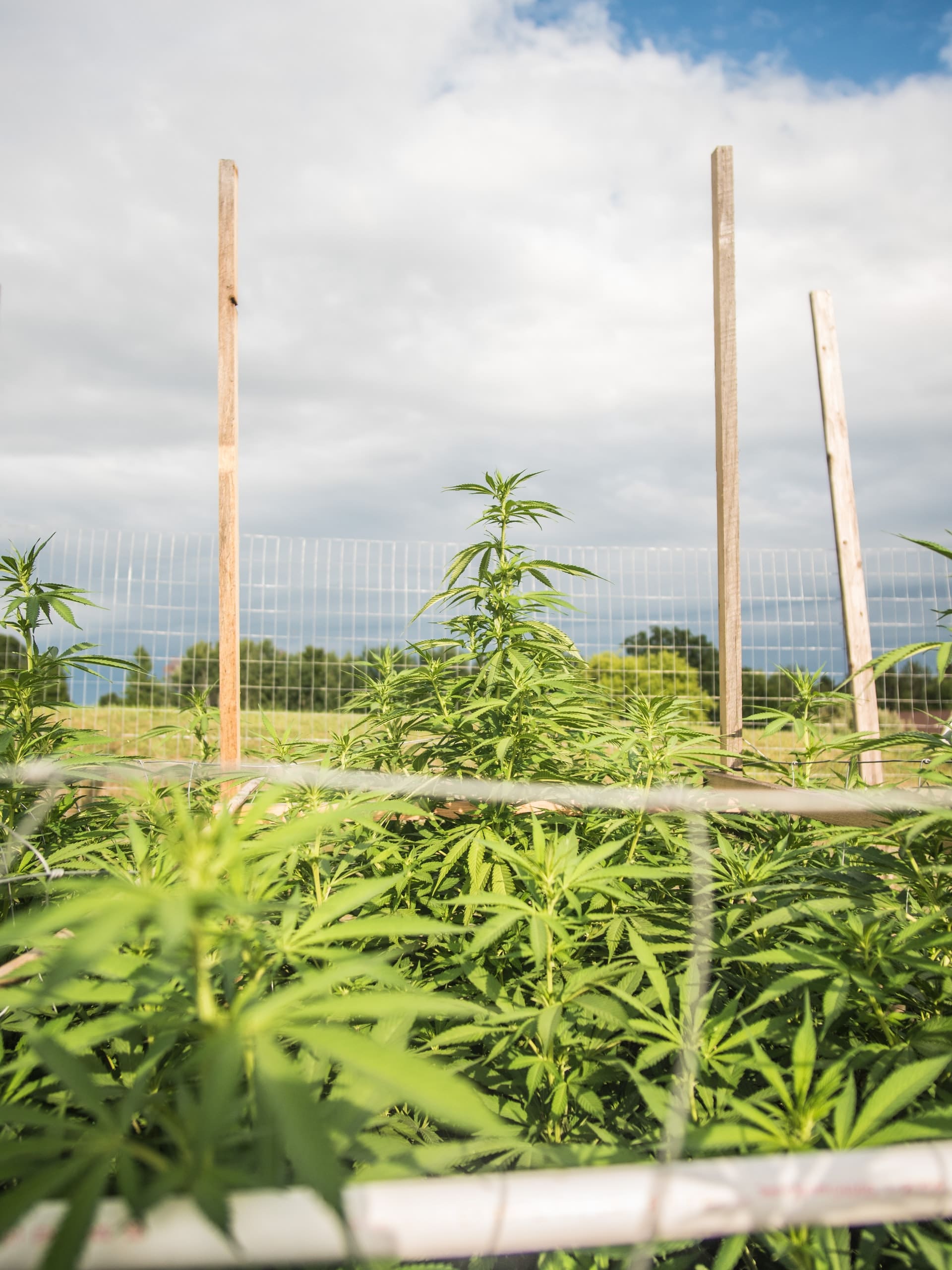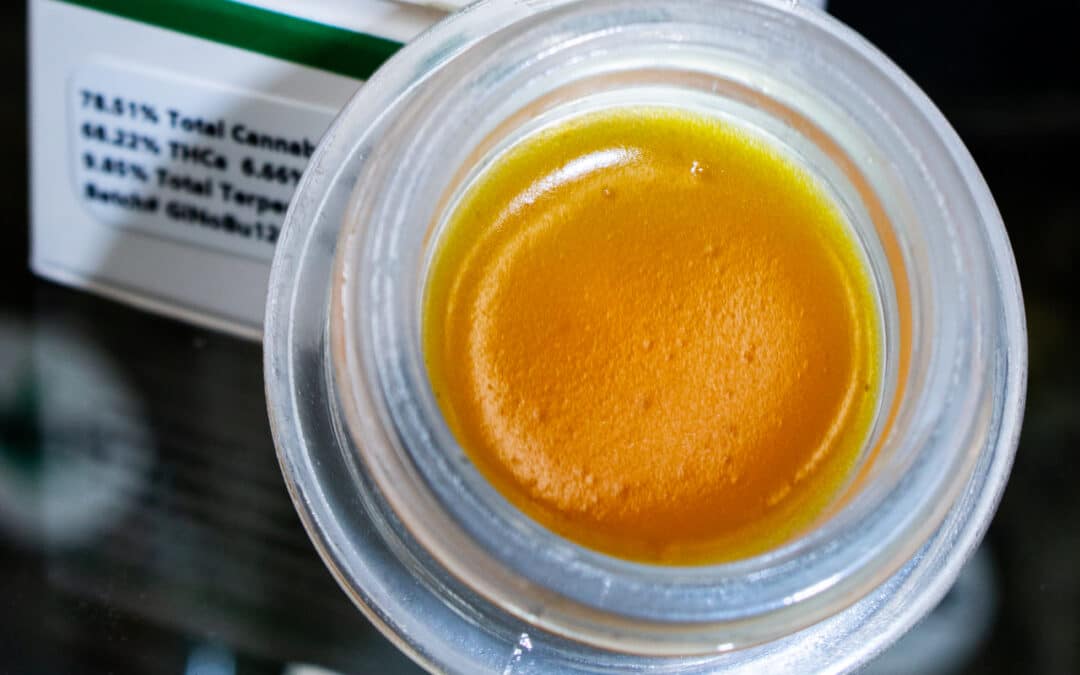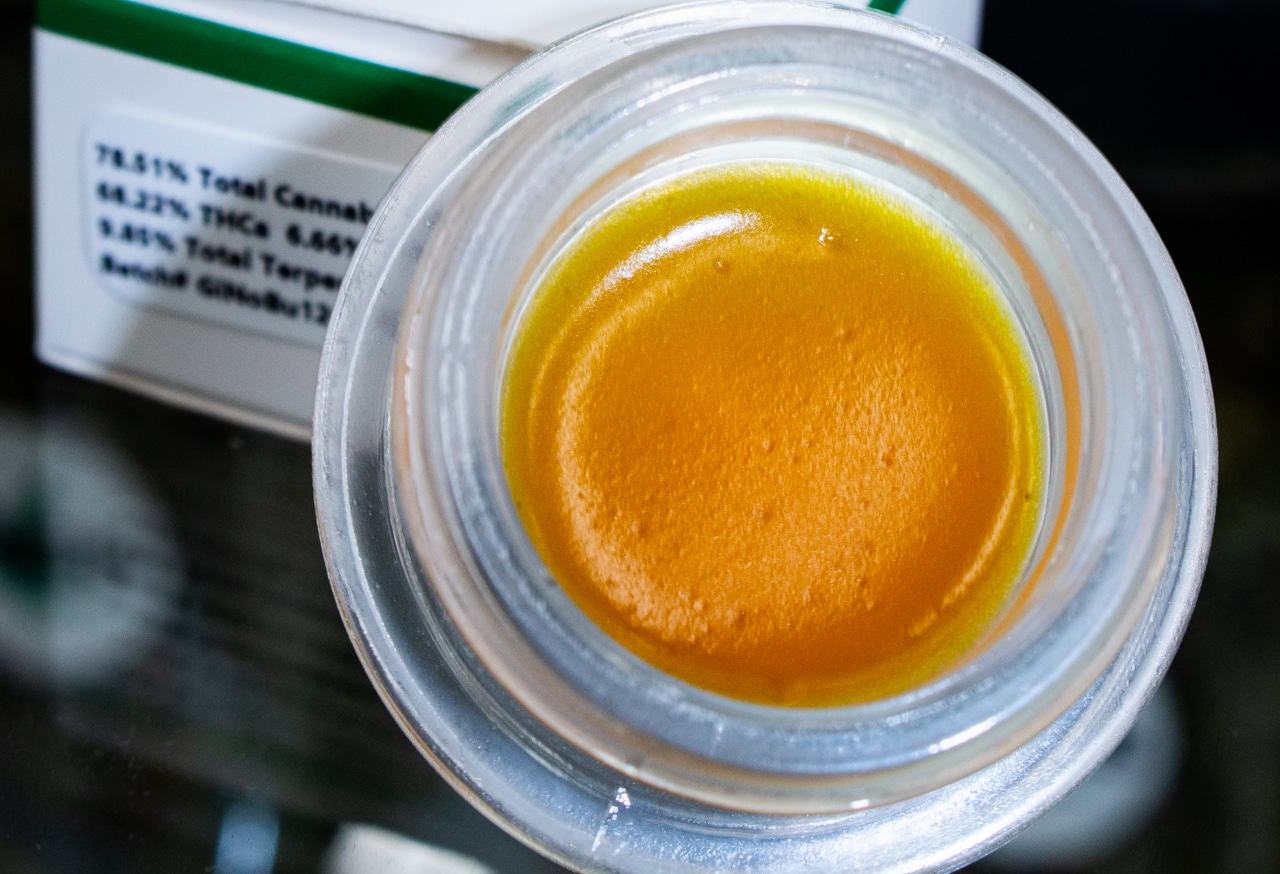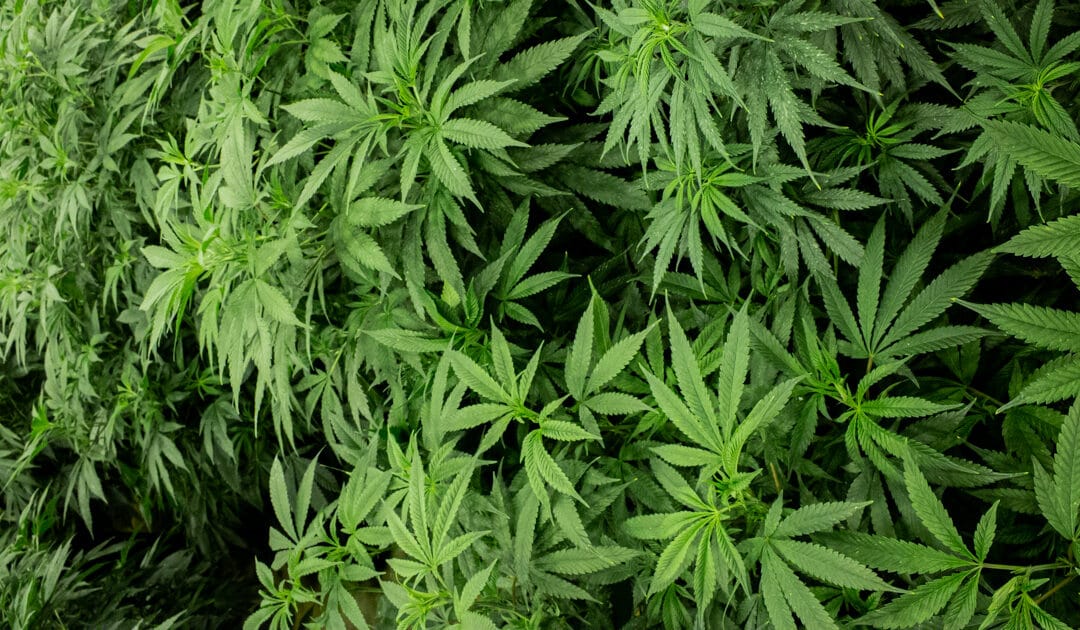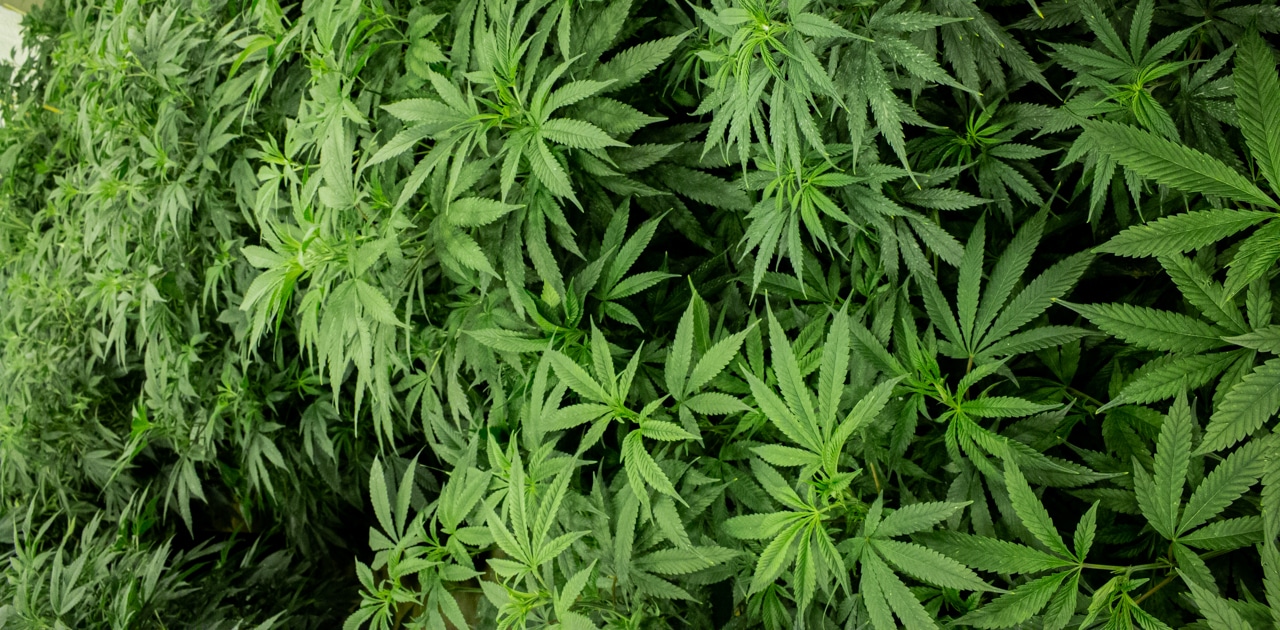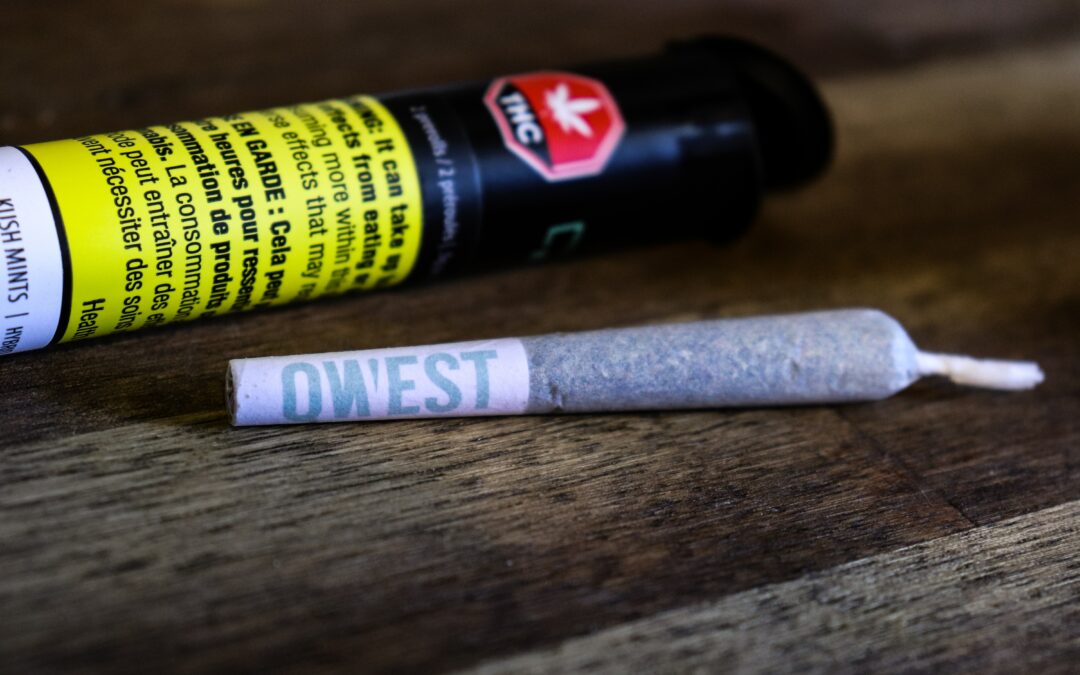
Legal cannabis sales rose $17.5 billion during pandemic
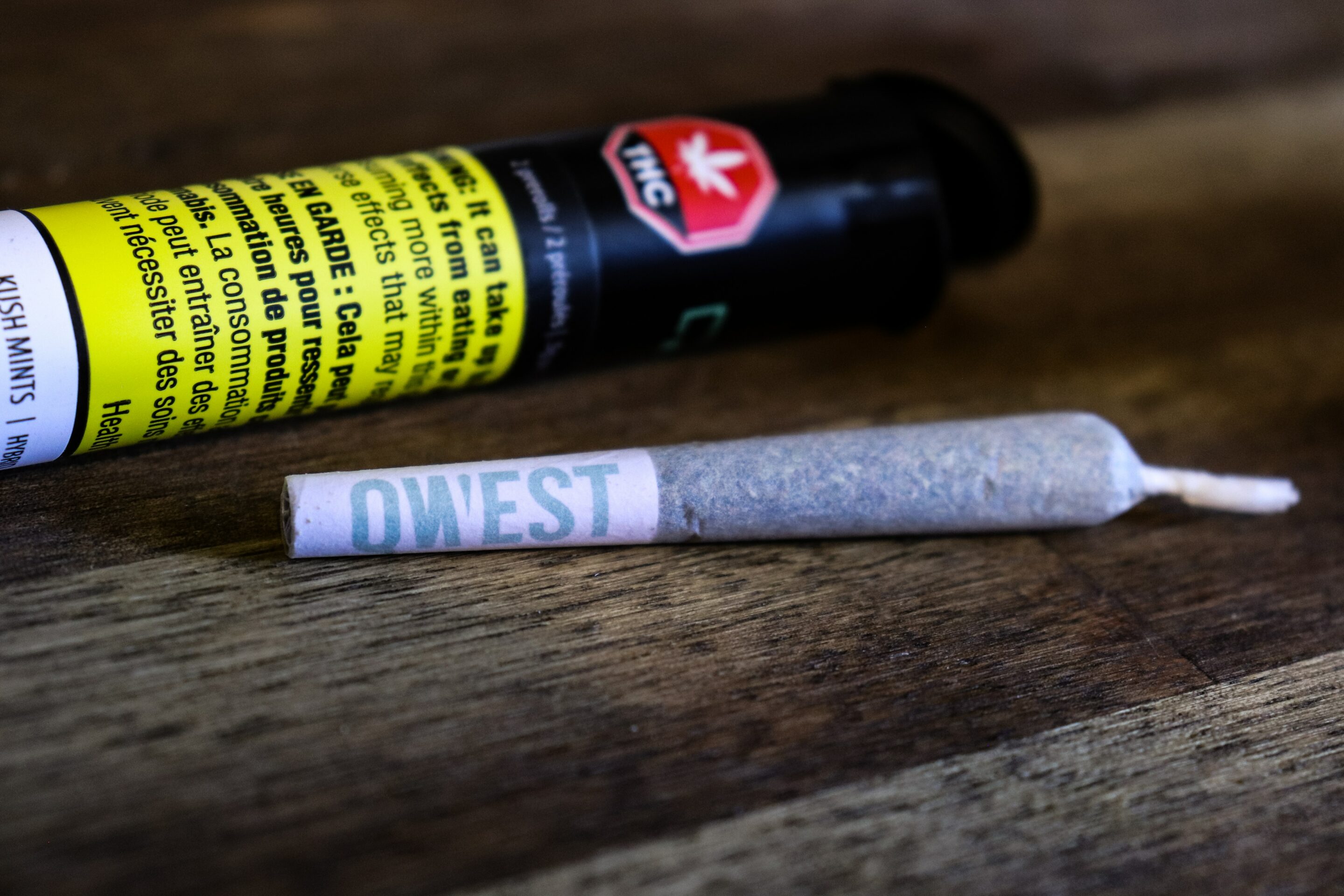
Shortly after Nevada officials announced that licensed cannabis stores and medical dispensaries could reopen after lockdown, Nicolas MacLean said cars were lined up for five blocks waiting for curbside pickup.
Like many industries in Las Vegas, the cannabis industry used to rely on tourists for sales, but that changed when the pandemic hit, MacLean, who serves as the CEO of Las Vegas-based cannabis producer Aether Gardens, told The New York Times.
“Locals are very discerning – they want something they aren’t going to find on the black market,” MacLean said. “Especially when you are stuck at home.”
The year of 2020 saw extraordinarily strong sales of legal cannabis in the US, up 46% from 2019 to a record $17.5 billion (R245 billion), according to cannabinoid market research firm BDSA.
“I expect this will be the first year Nevada does over a billion in cannabis sales,” MacLean said. “And it happened on the back of what I think no one expected.”
In western Massachusetts, where recreational cannabis use is legal, Meg Sanders, CEO of Canna Provisions, said government restrictions and later social-distancing requirements forced her to radically change her sales strategy.
At first, only medical dispensaries were allowed to remain open, while recreational-use retailers were forced to close.
“To have liquor stores deemed essential and not adult-use cannabis – especially when the law passed in Massachusetts was about regulating cannabis like alcohol – was surprising and unfortunate,” Sanders told The Times.
As Canna Provisions was allowed to re-open, the shop’s particular boutique-style in-person shopping experience had to change in favour of over-the-phone preorders.
“Our county is an internet desert,” she explained.
Now when customers call, they speak with a salesperson who can answer their questions and walk them through the available topicals, edibles, and smokables – a method, she said, is “working” for business.
“In our Lee store, preorders have become almost 100 percent of our business, so we bought more handsets and hired more people to answer the phones, and our revenue is up,” she said.



